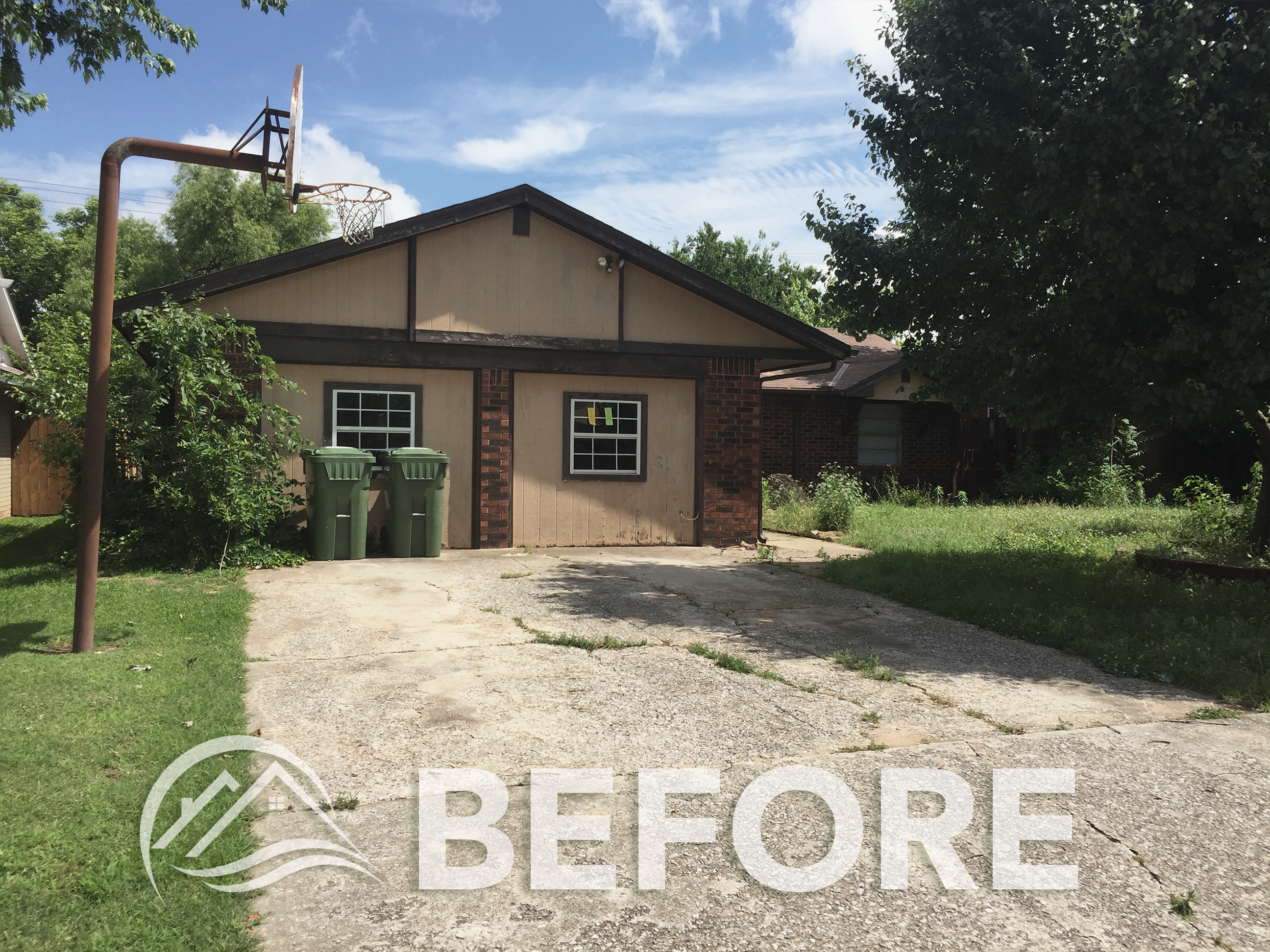 If you were to be asked on the street what you thought the best long-term investment was, what would you answer?
If you were to be asked on the street what you thought the best long-term investment was, what would you answer?
This question was posed in a Bankrate survey: “For money you wouldn’t need for more than 10 years, which ONE of the following do you think would be the best way to invest it—stocks, bonds, real estate, cash, gold/metals, or bitcoin/cryptocurrency?”
The answer, resoundingly, was real estate. Some 31 percent of respondents favored real estate. Stocks only held 20 percent of the share, wherein they came out on top in last year’s survey.
But what does this really mean for the future of real estate investment? Does public sentiment really matter?
Well — yes!
Why Real Estate is the Top Pick for Long-Term Investments
Stocks are Over-valued and Volatile
While historically, stocks such as the S&P 500 Index have performed well in times of inflation (outpacing inflation at 6.3 percent rate), the market is pointing to a different future. Because stocks are overvalued, it is probable that real estate will greatly outperform stocks in the next decade or so. Experts project that bonds will only offer a 0.3 percent return over inflation in the future.
In the same way, stocks are being evaluated as either overvalued or extremely overvalued. That means that, in the future, stocks will fall short in performance. If we look at research compiled by Research Affiliates, we see that the next ten years will yield under 1 percent in inflation-adjusted returns, including dividends.
Inflation isn’t the only factor to consider. When we look at the state of the stock market, on the whole, we’re seeing profound volatility. The Dow Jones dropped 890 points last week thanks to China’s devaluing of their currency in response to the U.S. trade war. As the trade war continues, the volatility of the market will only worsen. Some say to expect a “second wave” that could be as shocking to the market as the Lehman Brothers collapse that played a pivotal role in the Great Recession circa 2009.
This isn’t to say we can totally predict the trajectory of the stock market. However, indicators don’t point to a strong long-term investment future.
Real Estate Carries Lower Risk
We’ve established that stocks — particularly their long-term projections — appear volatile. But what about real estate? We know that real estate is not unaffected by geopolitical forces. However, we must also understand that real estate carries an inherent value that other intangible assets do not.
While some would worry that real estate would meet the same fate as stock in a bear market (citing the foreclosure and mortgage crisis of the Great Recession), we know, historically, that this was an exception and not the rule.
By and large, real estate, according to the Case-Shiller Home Price Index, has increased in value in bear markets rather than decreasing — save for one instance in which the index dropped a mere 0.4 percent.
In terms of volatility, the Case-Shiller Home Price Index demonstrates that real estate is some 40 percent less volatile than the stock market at large. This is based on annual deviations of rates.
When we consider what makes a good investment in the long-term, the relative stability of real estate is a huge benefit! This is particularly true of passive investors, who place a high value in the predictability of their investments — their steadiness — versus investments that demand a quick reaction to market changes.
Overall, real estate just carries lower risk, particularly in the long-term. This is especially true of a diversified passive real estate portfolio managed through a turnkey partner.
Millennials Are Drawn to Real Estate Investment
What does the survey itself have to say about the American view of real estate as an investment? When we look at the statistics from MarketWatch’s survey, we see that, overwhelmingly, millennials favored real estate as an investment.
Now, it’s easy to characterize millennials as 20-somethings and college students, but this is untrue. Millennials were born between 1981 and 1996. The puts the oldest millennials near forty and the youngest at 22 and 23 years old. This age group chose real estate as their long-term investment by 36 percent. Interestingly, the rate was much the same across various earning levels.
For us, that means that real estate investment is not exclusive — or attractive — to any particular earning class. It has, effectively, a universal appeal. The fact that millennials favor real estate the most is telling, considering they have been historically blamed for housing market woes and were, in their time, deeply affected by the Great Recession.
While a diverse portfolio is always the key to a healthy investing career, surveys and data both demonstrate the promise in long-term buy-and-hold real estate investing.
Check out: Millennials Are Changing The Real Estate Investing Landscape
Build your wealth through buy-and-hold real estate investments — headache-free with Memphis Invest!












